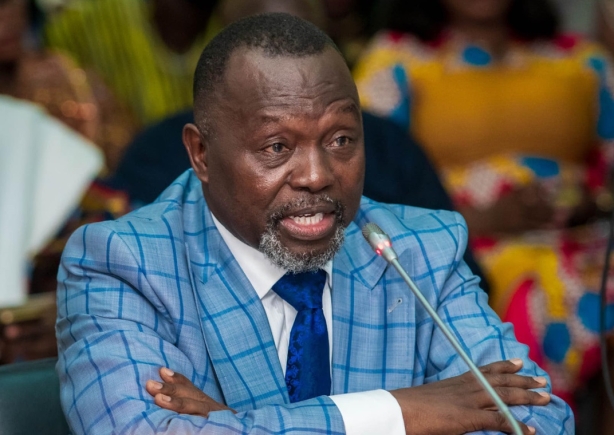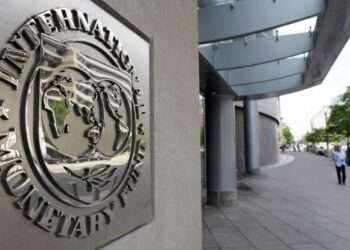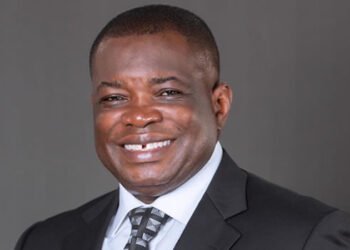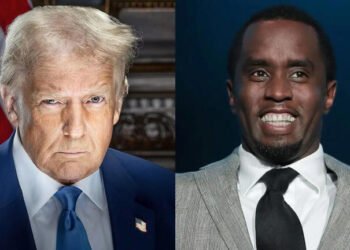Richard Dela Sky has sharply condemned the nation’s chief prosecutor, Attorney General Dominic Ayine, accusing him of dangerously breaching public trust and overstepping constitutional limits.
Sky, a seasoned journalist and legal practitioner, voiced his strong opposition after noting a concerning trend in the Attorney General’s approach to media briefings.
“The public airing of unproven and untested allegations against individuals under investigation, by the very officer constitutionally entrusted to conduct prosecutions, not only affronts the letter of the 1992 Constitution of Ghana but subverts the spirit of justice itself.”
Richard Dela Sky
While reaffirming his support for transparency, Sky emphasized that such openness must operate within legal limits. “True transparency strengthens justice; it does not substitute trial by press conference for trial by due process.”
He referenced Article 21(1)(f) of the 1992 Constitution and the Right to Information Act, 2019 (Act 989), both of which guarantee access to public sector information but do not override the right to a fair trial.
At the heart of Sky’s dissent lies the constitutional principle that every individual is presumed innocent until proven guilty, a fundamental aspect of Ghana’s legal framework enshrined in Article 19(2)(c) of the 1992 Constitution.
He referenced the Supreme Court’s ruling in Gligah & Atiso v. The Republic (2010), emphasizing that anyone facing criminal charges retains this presumption of innocence unless guilt is established.
Yet, Sky expressed concern that the Attorney General has been undermining this principle by delivering what amounts to judicial verdicts through media platforms rather than courtrooms.
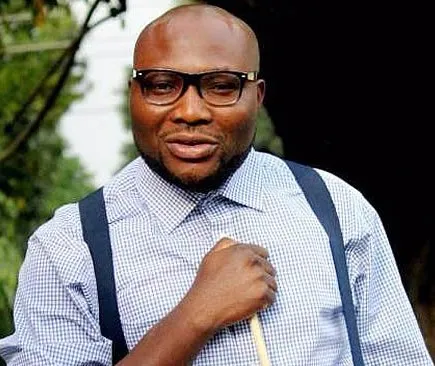
According to Sky, such “public pronouncements not only prejudice pending investigations but threaten the very fairness of future proceedings.”
He cautioned that such statements distort the evidentiary environment even before any formal charges are brought, undermining public confidence in the impartiality of Ghana’s judiciary.
Accordingly, he questioned whether a citizen can truly be considered innocent when a state official publicly suggests otherwise.
Sky pointed out the constitutional mandate for equal treatment under Article 17(1), stating that selective media exposure of suspects by government officials creates an environment of “political theatre,” rather than open justice.
He further cautioned that “unequal application of state power is the first sign of tyranny cloaked in the garments of open justice.”
Media Trials Versus Justice
Drawing comparisons to international standards, Sky referenced the European Union’s Directive (EU) 2016/343, which aims to balance security needs with individual rights.
He quoted Dimitar Markov, who noted that even when public disclosures are permitted, “the manner and context in which the information is disseminated should not create the impression that the person is guilty before he or she has been proved guilty according to law.”
Sky, who has decades of journalistic experience, made clear that he supports press freedom but distinguished between responsible reporting and sensationalism: “There is a profound difference between scrutiny and spectacle.”

He proposed a series of reforms aimed at preventing prejudicial disclosures and restoring balance within the justice system.
These include providing annual training for prosecutors and police officers on proper information disclosure practices, appointing dedicated disclosure officers in criminal trials, and involving defense attorneys from the outset of the disclosure process to ensure fairness.
He also recommended mandatory legal training for court reporters and the consolidation of all media-related laws into a single, comprehensive legal framework.
Additionally, he proposed the establishment of an independent regulatory body to oversee media coverage of criminal proceedings and the implementation of state-funded public legal education programs to help citizens better understand the justice system. “These measures, if adopted, would bring Ghana into alignment with international best practice.”
Attorney General’s Constitutional Duties
Richard Sky also underscored the ethical obligations of the Attorney General, as stipulated in the Legal Profession (Professional Conduct and Etiquette) Rules, 2020.
These rules prohibit conduct that could compromise fair trials or damage the reputation of the legal profession.

“When the Attorney General conducts press conferences that impute guilt, pronounce conclusions on ongoing investigations, or parade allegations yet to be tested by the courts… in my respectful view, veers perilously close to overthrowing the Rules.”
Richard Dela Sky
He stressed that even brief, factual announcements of charges serve the public interest, but prolonged, detailed press briefings cross the constitutional line. “Justice must not only be done but be seen to be done—in a court of law, not on a soundstage.”
Sky also warned of potential legal consequences, referencing the common law torts of defamation and misfeasance in public office.
He further hinted that the Attorney General’s conduct may border on perverting the course of justice, a serious common law offence.
“Mud thrown rarely misses—and even when it does, it stains,” he said, capturing the irreversible damage public accusations can cause.
Accordingly, Sky urged the Attorney General to reconsider his approach: “The interests of justice demand this without any further delay.”
He stated that while announcing charges may serve transparency, “what crosses the constitutional line, however, are protracted press conferences that venture beyond mere announcement into detailed exposition of evidence.”
In his view, when the boundary between lawful prosecution and political spectacle blurs, it jeopardizes not just individual cases but the entire justice system. “For when the line between law and spectacle blurs, it is not only the accused who stands trial—it is the very integrity of justice itself.”
READ ALSO: Agradaa Dismisses Empress Gifty’s Lawyer’s Claims

